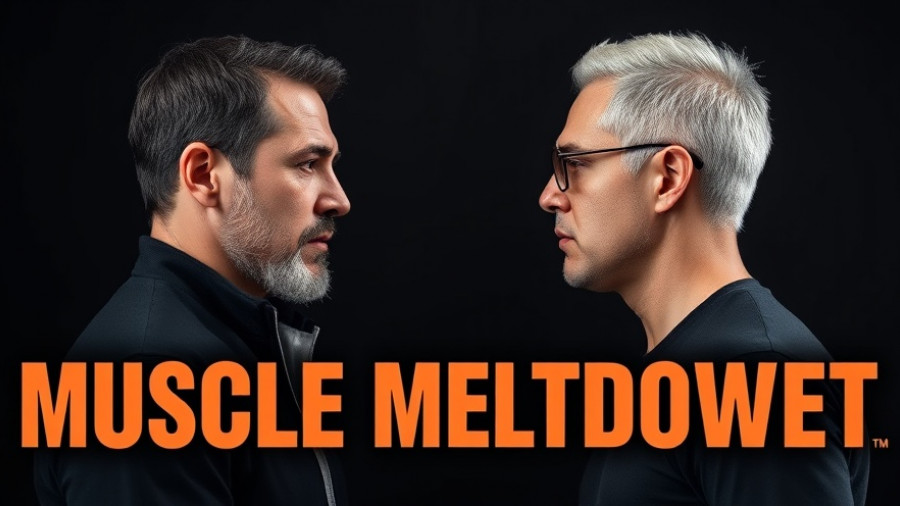
The Hidden Reasons Behind Your Perfect Diet Fails
We often believe that the right diet is the ultimate solution to our health woes, but the truth is far more complex. A recent discussion led by a tech industry veteran turned health advocate reveals a shocking reality: even the most meticulously curated diets may not address the root causes of fatigue and brain fog. He points out that our biology is out of sync with the environment we inhabit. This disconnection can impede how our bodies absorb nutrients, resulting in feelings of sluggishness despite maintaining a 'perfect' diet.
In 'Why You Still Feel Like Sh*t On A Perfect Diet', the discussion dives into the hidden environmental disruptors affecting our health, offering insights that sparked this deeper analysis.
Outdated Practices: Why Clean Eating Might Not Be Enough
Many people, including those who adopt strict diets such as the Bulletproof Diet or veganism, experience ongoing health issues—energy depletion, brain fog, and chronic inflammation—despite their best efforts. The expert highlights that the everyday toxins and biological disruptors in our environment are often more impactful than what we put on our plates. From EMFs emitted by smart devices to hidden mold in our homes, these factors can not only affect how we feel but also impede our fat-burning processes and mitochondrial health.
Environmental Toxins: The Serious Threat to Mitochondrial Health
One of the biggest culprits is exposure to EMFs, which can disrupt cellular communication and compromise melatonin production, leading us down a dark path of disrupted sleep and increased cortisol levels. Mold is another insidious environmental threat; affecting over 100 million homes in the U.S., it can damage our mitochondria—where energy is produced. Therefore, taking stock of our living spaces is crucial for restoring energy and mental clarity.
Action Steps: Biohacking Your Environment for Optimal Health
While maintaining a balanced diet is important, it's equally vital to evaluate your living environment. The speaker suggests implementing simple but effective strategies such as investing in a HEPA filter, conducting mold tests, and reducing EMF exposure. Small changes, like shutting off Wi-Fi routers at night and using wired connections, can make a considerable difference in how our bodies respond to dietary changes.
Moving Forward: Fostering a Thriving Biological State
The ultimate goal is to rewire our nervous systems from a state of survival to one of thriving. Incorporating practices like mindfulness meditation and optimizing our sleep environment can help. Such biohacking techniques allow for greater control over our state of mind and body, leading to an increase in energy levels and improved digestion. By transforming how we interact with our environment, we lay a solid foundation for health and vitality.



Write A Comment